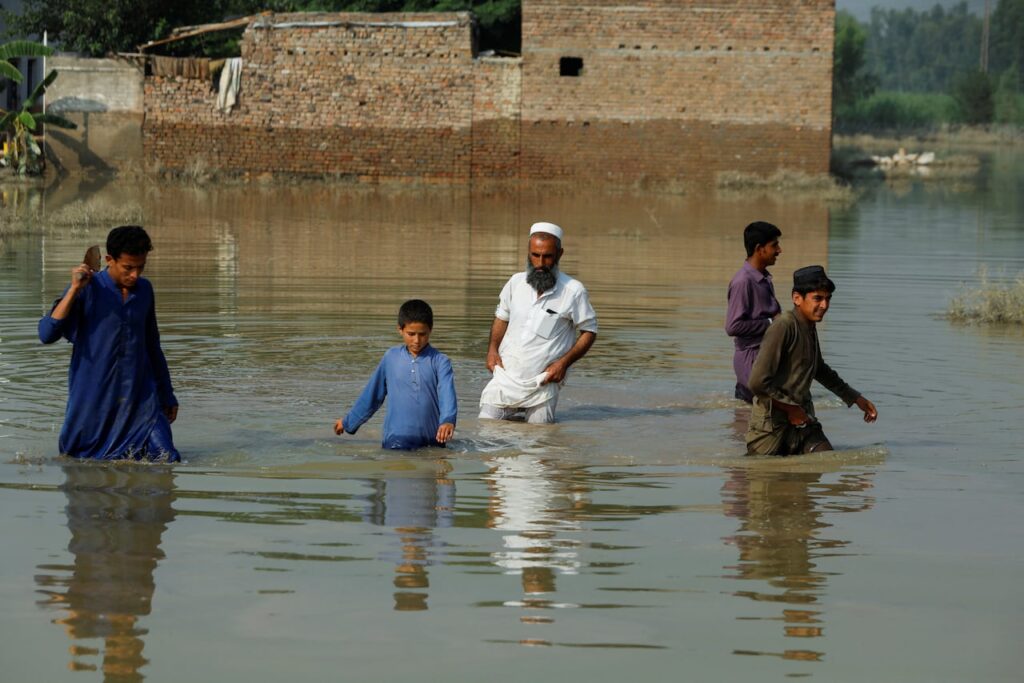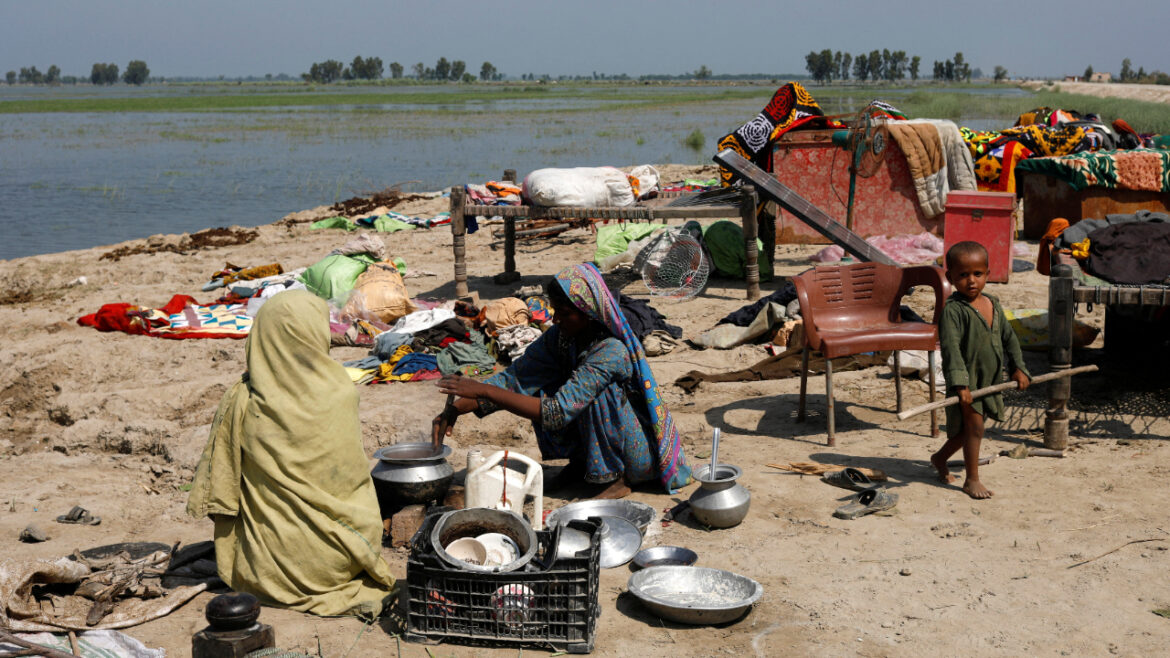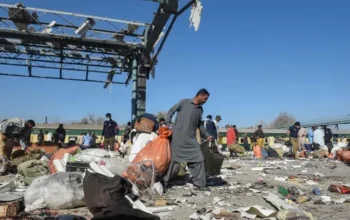Now that Pakistan is working on the rehabilitation process and trying to come out from the disasters left by the devastating floods in the country, Pakistan is at a greater risk of a second disaster that may kill many. Torrential rains have left behind stagnant water, allowing cases of malaria, dengue fever, cholera and typhoid to proliferate, while health facilities have been destroyed.
WHO has warned that a wave of disease and death following this catastrophe linked to climate change that has severely impacted vital health systems leaving millions vulnerable and prune to viral disease. The water supply is disrupted, forcing people to drink unsafe water, which can spread cholera and other diarrheal diseases. Standing water enables mosquitoes to breed and spread vector- borne diseases such as malaria and dengue. Health centers have been flooded, their supplies damaged, and people have moved away from home which makes it harder for them to access their normal health services. All this means more unsafe births, more untreated diabetes or heart disease, and more children missing vaccination, to name but a few of the impacts on health.
More than 1490 health facilities have been destroyed by flash floods in the country. People who are living in camps near the flood water are the most vulnerable.
Floods have almost destroyed road infrastructure and it further hinders deployment and supply of health care essentials and medical staff.
Haji Younus, a father of four children and a resident of Usta Muhammad in Balochistan lost his house to the flash floods and now forced to live in a temporary tent set up by the Balochistan government. His four year old is weak and dehydrated.
‘’My Son is continuously vomiting from the last three days and is not eating anything. The Government Doctor reached us very late. The medical staff is still waiting for medicines to treat my boy.’’

Medicine Shortages is already worsening the health care crises in Balochistan and Sindh. Dangerous Pathogens are spreading in the receded water areas indicating the arrival of larger crises.
The number of cases is likely to rise in the coming days as the floodwaters recede and people are able to access clean water and sanitation facilities.





